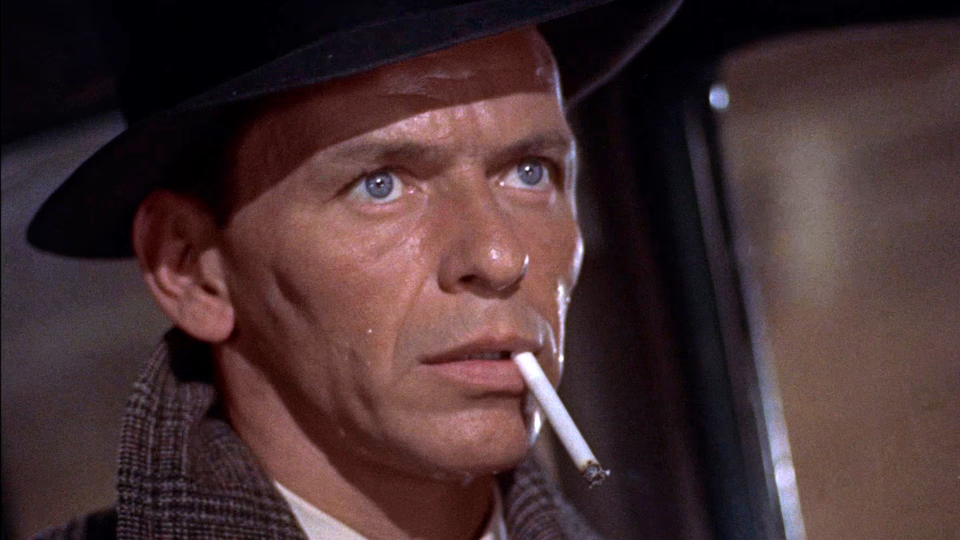Young at Heart

A cynical composer (Frank Sinatra) falls for his friend’s fiancée (Doris Day).
Young at Heart starts off as a light, romantic comedy, but then gradually gets darker and darker until it ends with a very odd message.
Though he has second billing, Frank Sinatra doesn’t actually turn up for quite a while, as the first part of the picture introduces Gig Young’s character and his effect on Doris Day’s character and her musical family. This is all, more or less, lighthearted fun, but once Sinatra’s character shows up things get darker.
This isn’t necessarily a bad thing, as Sinatra’s early scenes with Ethel Barrymore make for a fairly smooth transition, and Day seems equally comfortable with the drama as the comedy, but it’s the ending that’s puzzling.
Young at Heart is a remake of the 1938 film Four Daughters, but Sinatra wanted the ending changed to something more pleasant, which not only results in an ending that feels like a cop-out, but also something of a roller-coaster ride in terms of the film’s tone. Further, when you think about it, the film seems to be sending a somewhat disturbing message.
Ending aside, Young at Heart is perhaps most notable for defining the persona Sinatra would cultivate during the second act of his career: the lovelorn loner, sitting at the piano, hat tilted, cigarette dangling with a shot glass at his side. Variations of this iconic image would show up in his later albums and television specials, but it all started here.